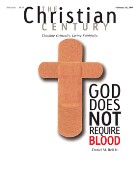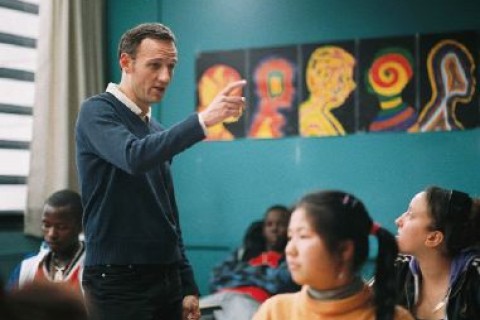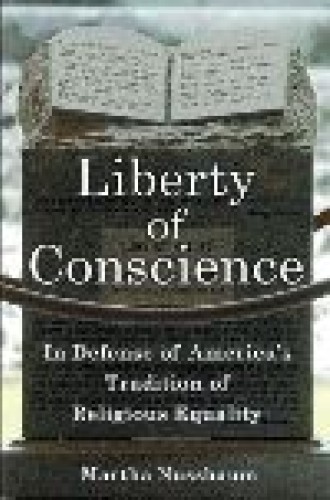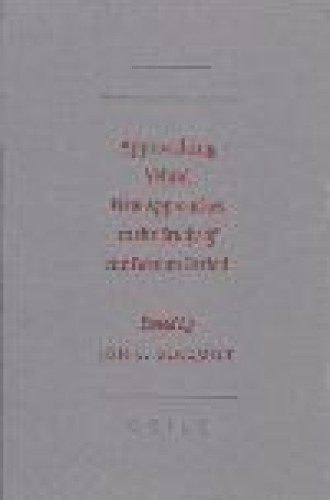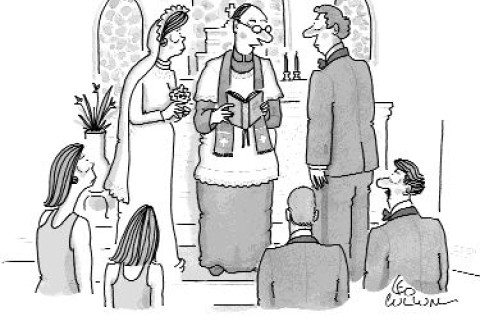Features
A hammer and a prayer: How to rebuild a city
God does not demand blood: The cross and divine charity
Christians have never embraced blood sacrifice. We have not offered chickens or slain goats, let alone sacrificed our firstborn children to God. Indeed, the very idea of blood sacrifice is abhorrent to us, evoking an almost involuntary visceral reaction. It sends chills down our spines and stirs deep within us a strong impulse to act against such a horrific practice.
Beyond black and white: The Hawaiian president
Since the November presidential election, friends, colleagues and casual acquaintances throughout the United States and across the world have written me and claimed Barack Obama as the son of their state, race, country or region. Of course, countless black Americans have celebrated the fact that “in our life time, one of us is in the White House.”
Postville burnout: Ministry to immigrants
Poet in residence: Listening for the sacred subtext
Perilous presence: Christians in Uganda
“You can’t understand Africa without understanding religion,” said Emmanuel Katongole, a Catholic priest from Uganda. As he led a tour of Kampala, Uganda’s capital, it was soon clear what he meant. Slogans such as “Jesus cares” and “Try Jesus” adorn taxicabs. Ads for a Catholic bank named Centenary print the letter T as a cross. Businesses have such names as “Holy Light Clinic,” “Born Again Bankers” and “Holy Hair Care.” “There is no Western-style division between secular and sacred or public and private here,” Katongole said.
The Class
A marvelous new film by the French director Laurent Cantet sits on the cusp between fiction and documentary. Based on François Bégaudeau’s memoir of teaching in a working-class, multicultural Paris high school (the memoir was adapted to film by Cantet, Bégaudeau and Robin Campillo), The Class was shot with nonprofessional actors, and Bégaudeau plays a fictionalized version of himself, a character named François Marin.
Books
Back home in Gilead
Liberty of Conscience: InDefense ofAmerica’s Tradition of ReligiousEquality
Approaching Yehud: NewApproaches to the Study of the Persian Period
BookMarks
Departments
Bookshelf riches: Recommended reading
Gathering up the fragments: Pieces of possibility
In tune with the universe: The staple food of the soul
Reoriented: "Thy kingdom come"
News
ACLU complains of bias in Catholic antitrafficking programs funded by U.S. Restrictions on contraceptives and abortion referrals: Restrictions on contraceptives and abortion referrals
Polygamists arrested for first time in Canada: Arrests raise questions of religious liberty
Lutheran-to-Catholic thinker Neuhaus helped shape religious right: Died January 8 at age 72
Vatican bars U.S. Jesuit from teaching Christology: Roger Haight
Critics: Man ‘living like Jesus’ should not have voted for Obama: Ed Dobson, formerly of Moral Majority
Warren offers sanctuary to breakawayAnglicans: "We stand in solidarity"
Episcopal Church wins in property disputes: Breakaway congregations cannot keep properties
Century Marks
Signs of the times: An atheist group in the United Kingdom is posting signs on buses that say: “There’s probably no God. Now stop worrying and enjoy your life.” An American group posted a similar message on buses in Washington, D.C.: “Why believe in a god? Just be good for goodness’ sake” (New York Times).


